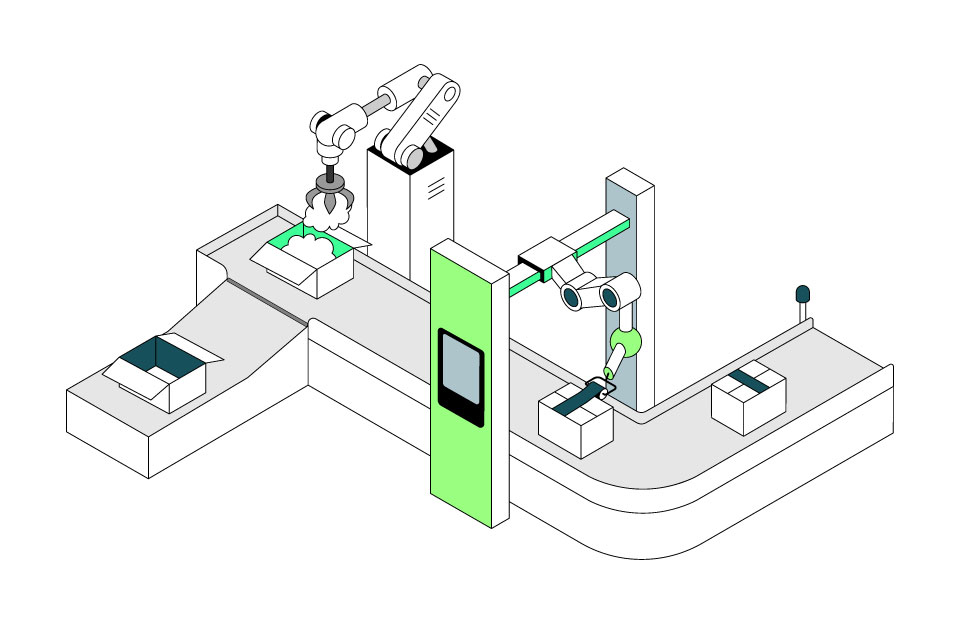
In the past week, we have received a stark reminder of the extreme risks people serving the public face every day while simply carrying out the roles and responsibilities expected of them.
The train incident that took place last weekend, whilst thankfully a rare occurrence, prompted us to think of the bravery and dedication service workers bring to work each day, and which is so often taken for granted.
Equally worrying are the stories of abuse towards NHS staff that the Health Secretary highlighted.
It saddens me that it doesn’t start or stop there, too – and the truth is that most stories of the hostility, abuse and assaults that service workers face on a daily basis are not reported in the media. Some aren’t reported to the police, or even to management, such is the feeling that it is part of the job, or that there are not sufficient legal protections in place.
Over the past five and a half years, I’ve heard first-hand of some truly shocking personal experiences, from violent, racist and sexist language being used on phone calls and live chats, to intimidating and even life-threatening acts like being locked in a customer’s house or facing a knife attack in a high street bank branch.
Customer violence and abuse – an epidemic
The number of instances of violence and abuse being faced by frontline staff has increased dramatically. The Institute’s latest research shows that 42% of customer-facing workers experienced customer hostility in the past six months. Of those who have experienced verbal hostility, the number facing threats of physical violence has been the highest ever recorded at 22%.
This has led to a worrying acceptance among some workers – and consumers – that all of this is normal, which risks this epidemic worsening further. But deep down, we all know this should not be considered normal. We also know that something needs to be done urgently to curb the rising levels of violence and abuse.
This needs to happen first and foremost to protect our people. Threatening and violent experiences have a fundamental impact on an individual and their ability to turn up to work at all. And the economic argument supports the human one: over a quarter (26%) of service workers facing abuse have taken time off as a result, taking on average seven days’ sick leave, while 35% of customer service workers are considering leaving their jobs due to aggressive customer behaviour.
As consumers, business leaders and lawmakers, we must recognise the vast threat these figures pose to UK PLC, our future service workforce, and the long-term health of our economy.
Driving change together
This is why the Institute continues to call for an amendment to the Crime and Policing Bill – currently passing through the House of Lords – to protect all service workers, in every sector, from violence and abuse. I urge you to find out more by reading our latest open letter, signing up to support the campaign here, and asking any MPs and Peers in your networks what they are doing on this matter.
While we continue to campaign for change – and in the knowledge that legislative changes can take time to achieve – businesses can also take immediate steps to start making a difference today.
Adopting a zero-tolerance approach to hostility towards employees is essential, as is taking the necessary steps to ensure that offenders are not given the opportunity to do the same again, through proper reporting.
Business leaders and managers should also hold regular check-ins with frontline staff and keep close to what happens in their day, to instil a sense of togetherness and confidence, while encouraging them to report incidents of abuse. Investing in appropriate training and tools to help staff avoid, diffuse, and deal with challenging situations is essential, too.
By doing all of this, through a concerted effort, I am sure we can drive the urgent change we need to protect our vital workers and rebuild our Service Nation.


